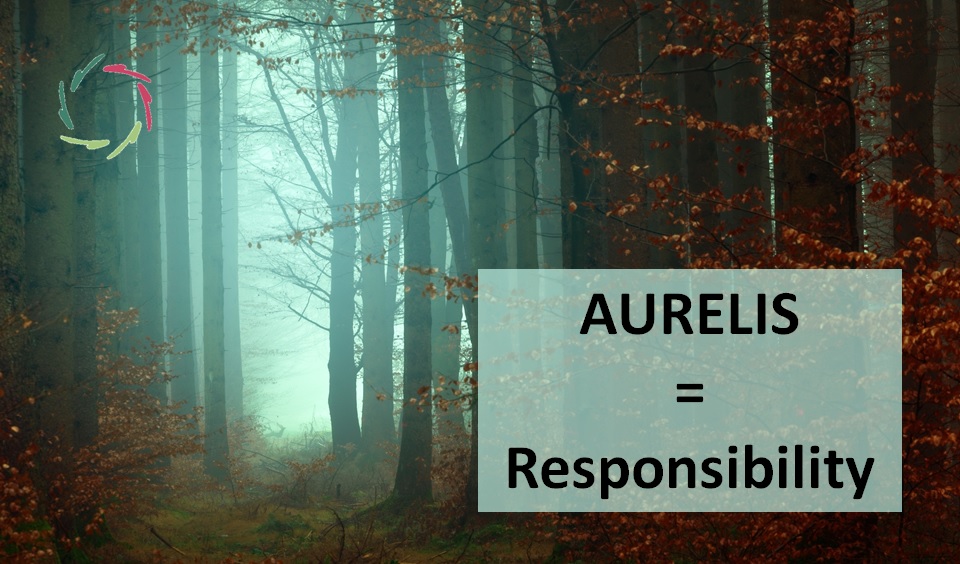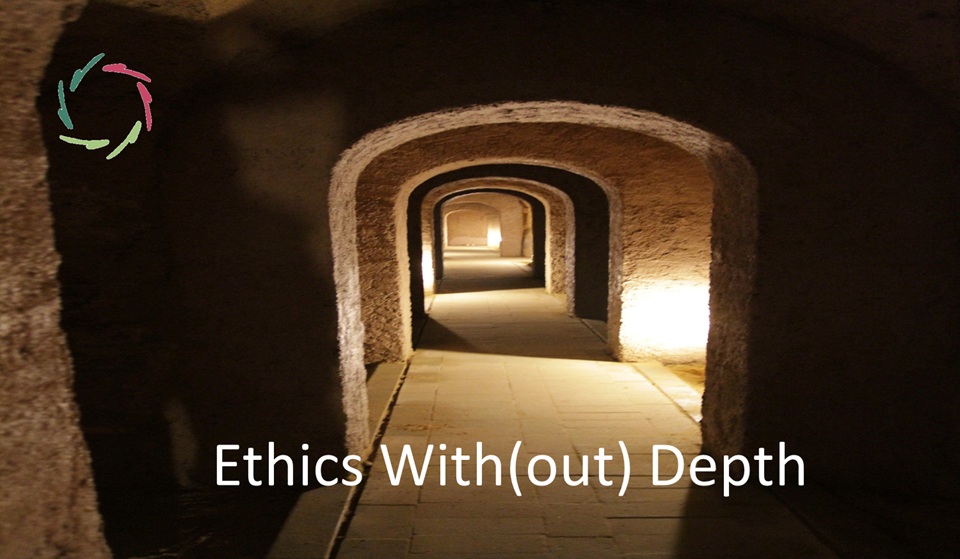Let True Morality Stand Up!

Basically, two ‘moralities’ can be distinguished: cognitive (thinking) and emotional. However, this is a purely conceptual, abstract distinction. Reality consistently shows them intermingled.
The relevance
is enormous. ‘Morality’ is the basis of culture. Almost all important decisions carry within them a factor of morality, or better: moralities.
‘Stress/distress’ is in all cases related to an emotionally-moral dilemma: Should I do this or that? Should I care for keeping my job? Should I try to do things as well as possible in non-optimal circumstances?…
Without moral dilemmas, there is no psychosomatics, no depression nor anxiety… But there would also be no happiness, no joy, no heroism, no gratefulness…
A soldier in context of war
Two enemy sides, a revealing situation through the extremes:
- If a soldier intentionally kills a bunch of fellows, he is considered a murderer, court-marshalled, executed.
- If a soldier intentionally kills a bunch of enemies, he is considered a hero and gets a medallion.
- With the same victims but the soldier being from the other camp, he is treated in the opposite way.
What result – which bunch getting killed – is right or wrong? A Martian wouldn’t make the difference. Purely cognitively, the Martian may be correct. Emotionally, we don’t generally see it this way.
=> two ‘moralities’?
Brainy stuff
In the brain, we see specific parts being activated when a person is in a cognitively moral situation (*) versus an emotionally moral one (**). Say:
A: You get to kill either 1 or 5 unknown persons, by pushing button ‘1’ or ‘5’.
B: You get the choice to smother your own child or let others kill 5 persons.
DON’T mentally do this exercise please. The point is that the first situation is – again – a mostly cognitive dilemma; the second a mostly emotional one.
Looking inside your brain, very different things would be going on. Your decision would probably be the opposite in A versus B. Yet it would in both cases be the most human one, therefore the morally correct. More specifically, the brainy stuff also doesn’t show us which one is ‘right’: cognitive or emotional morality.
Conclusion: there is no ‘True Morality’
There is a human one.
We are no robots.
Let’s keep it this way.
So, what is ‘human moral progress’?
I think the answer – at least the direction – is twofold and clear:
- At the individual level, being-moral is being-human, as completely as possible, entailing cognition and emotion. Then, diving into the pool of human-ness. Moral progress at this level results from doing your best to be-human, completely, thus also within the boundaries of our evolution as a species even as we try to transgress these boundaries. A point of departure may be a synthesis of the five ‘aurelian’ values: depth, openness, respect, freedom, trustworthiness.
- (Here one can see another level: the ‘cultural’. In my view, this is in practice something like the individual, in theory something like the universal.)
- At the universal level, ‘morality-as-concept’ lies in clear-cut, abstract thinking about this. Such thinking is also about emotion, without emotion. Key question: what is ‘the good’ and how can it be attained for as many as possible? This is: how can one let humans ‘be-human, as completely as possible’ – this is: be-moral – as well as possible? At this level, moral progress lies in the quality of the abstract thinking.
I didn’t say it would be easy.
(*) frontopolar cortex, medial frontal gyrus, right anterior temporal cortex, lenticular nucleus…
(**) right medial orbitofrontal cortex, medial frontal gyrus, cortex surrounding the right posterior superior temporal sulcus…


